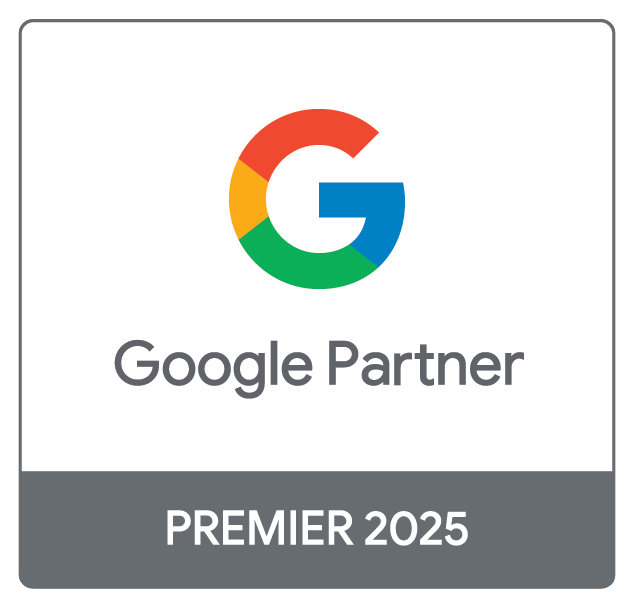If, like me, you’ve created ads on Facebook recently regarding social opportunities like employment or housing, you may have also had your fair share of “this ad has been rejected” notifications from Facebook, deeming them ‘discriminatory’. Fear not! It could simply be down to the introduction of a new campaign option Meta has launched called ‘Special Ad Categories’.
Perhaps you’ve seen this option when creating ads at campaign level in the Ads Manager, and selecting this category will mean your ads automatically have limited demographic options. At first, these limitations can feel restricting, but with the right sort of guidance these ads can achieve results just as well as before…
What are Facebook Special Ad Categories and why are they important?
The Special Ad Categories are:
- Employment: Ads that promote or advertise a job opportunity
- Housing: Ads that relate to housing or an associated service
- Credit: Ads that promote credit opportunities such as credit cards, loans or finance
- Social Issues, Elections or Politics: Ads that are made by or on behalf of a candidate for a political party or figure
Essentially, Facebook have created these Special Ad Categories to comply with their policies against discrimination. They highlight the importance of equal access to political information, employment, housing and access to credit, no matter which demographics you fall under on Facebook.
If the ad you’re trying to publish fits any of these categories, you will be limited to the demographics (also known as ‘interests’) you can show your ad to. This means that you will not be able to choose an age range, gender, postcode or certain interest (depending on the Special Ad Category selected). Without this detailed level of targeting, it also means that lookalike audiences are off the table too, but you can create something similar called Special Ad Audiences.
These are audiences that have similar interests to your existing users. That sounds like a look-a-like audience, right? Right! Except the audience cannot be limited by a specific age range, gender or interest - thus, ruling out the possibility of being discriminatory.
Creating Special Category Ads
If you know your ad will fall under one of those categories from the get-go, you can select the option at Campaign level and then choose your relevant sub-category and enter your target location. From there, the rest of the set up is just the same as a standard Facebook ad - until you get to audience targeting that is. You can still choose from a small selection of interests under ‘Detailed Targeting.’
For example, if you’re running employment ads, you can search for and select broad terms such as ‘Employment’ or ‘Job Hunting’ but you cannot search for terms relating to a particular job type like ‘Nursing’ or ‘Retail’. Similarly, if you’re creating an ad promoting the sale or rental of a property, or sharing information regarding landlord insurance or mortgage insurance, you will find your demographics are once again limited - behaviours and interests such as ‘likely to move’, ‘recent homebuyer’ or ‘mortgage borrower’ are no longer available.
What workarounds are there?
If you find yourself creating ads that relate to these special categories, it can be tempting to try and cheat the system. Maybe you think you can create your ads without selecting a category, or that you can edit existing ad sets? Perhaps your ads will slip under Meta’s processing radar? Chances are, they won't.
Ads are processed first to ensure that they follow Meta’s strict guidelines and if the system believes the ad has not been listed under a Special Ad Category where necessary, they will be rejected. Whilst you can appeal these rejections, too many rejected ads can negatively affect your account ranking on Facebook, and you may run the risk of having your account disabled altogether!
It’s also worth noting that even Meta’s algorithm makes mistakes; if you find your ad has been flagged but does not belong in a special ad category, you can request a review and notify a member of their customer service team.
Are there other options?
If you’re looking for other social platforms on which to run campaigns surrounding these social topics; LinkedIn does not currently have any such limitations and, therefore, may be a better place to advertise for any employment opportunities, allowing you to target specific demographics.
Although Pinterest does prohibit ads surrounding some financial and credit products and services and political information, ads that include housing and employment information are allowed and can be shared.
There is, of course, the possibility of Meta reversing these changes or adjusting the strictness of these policies in the future as guidelines may change.
If you are unsure on whether your ads qualify for running in a Special Ad Category, try contacting their chat before publishing!
